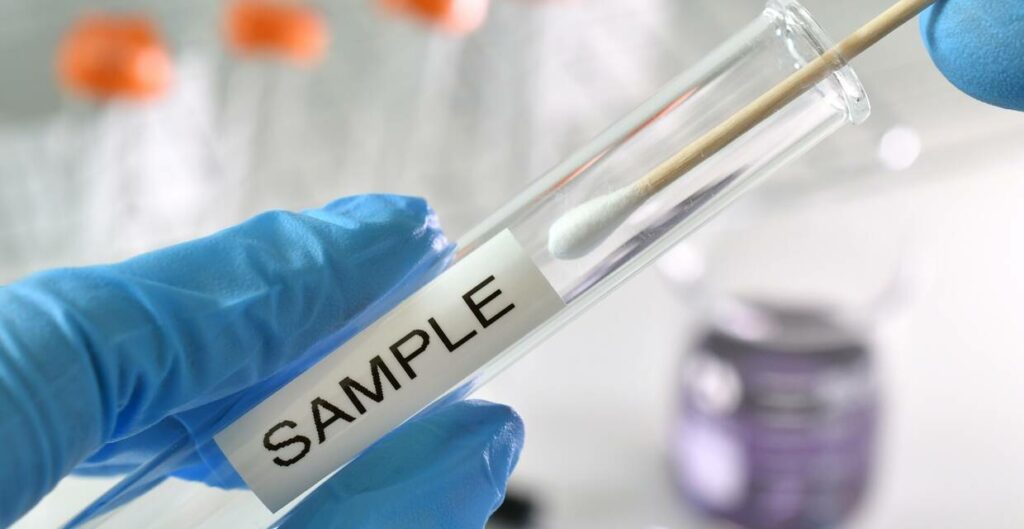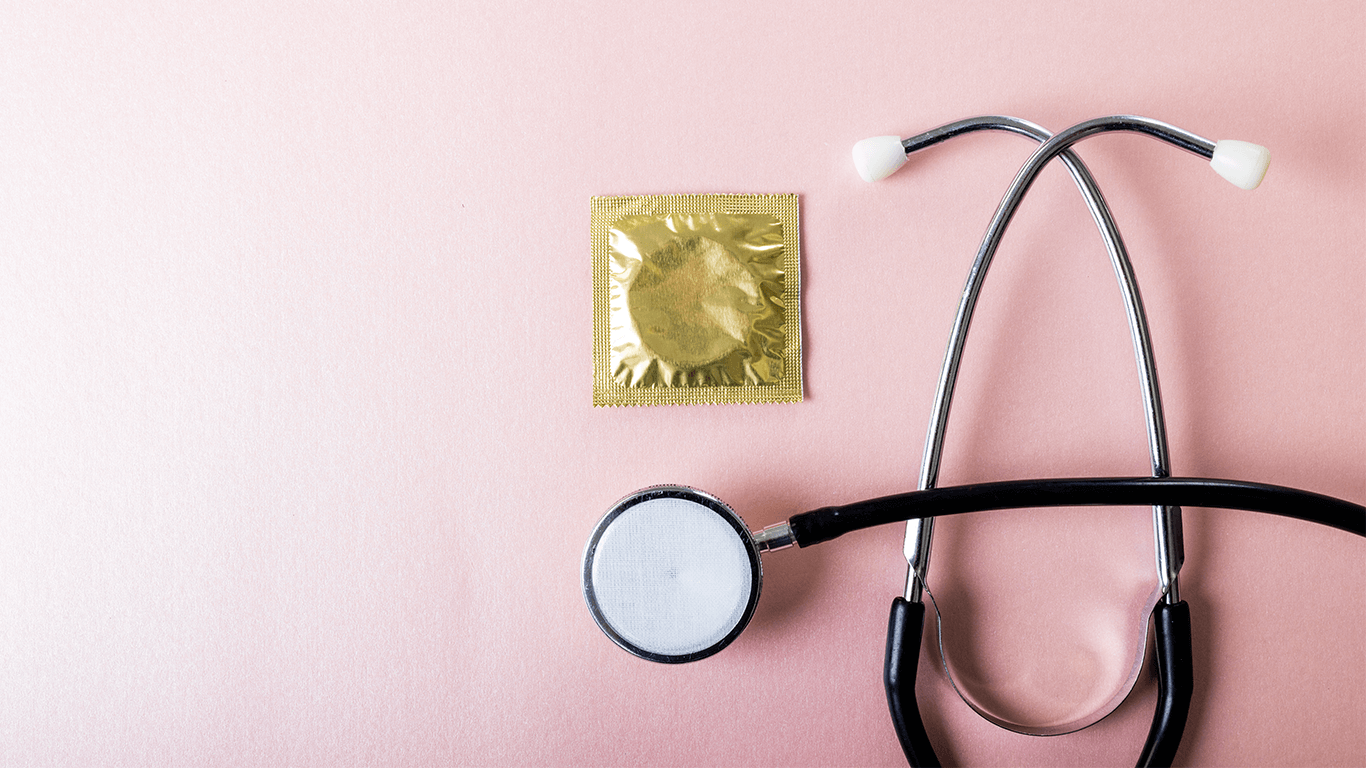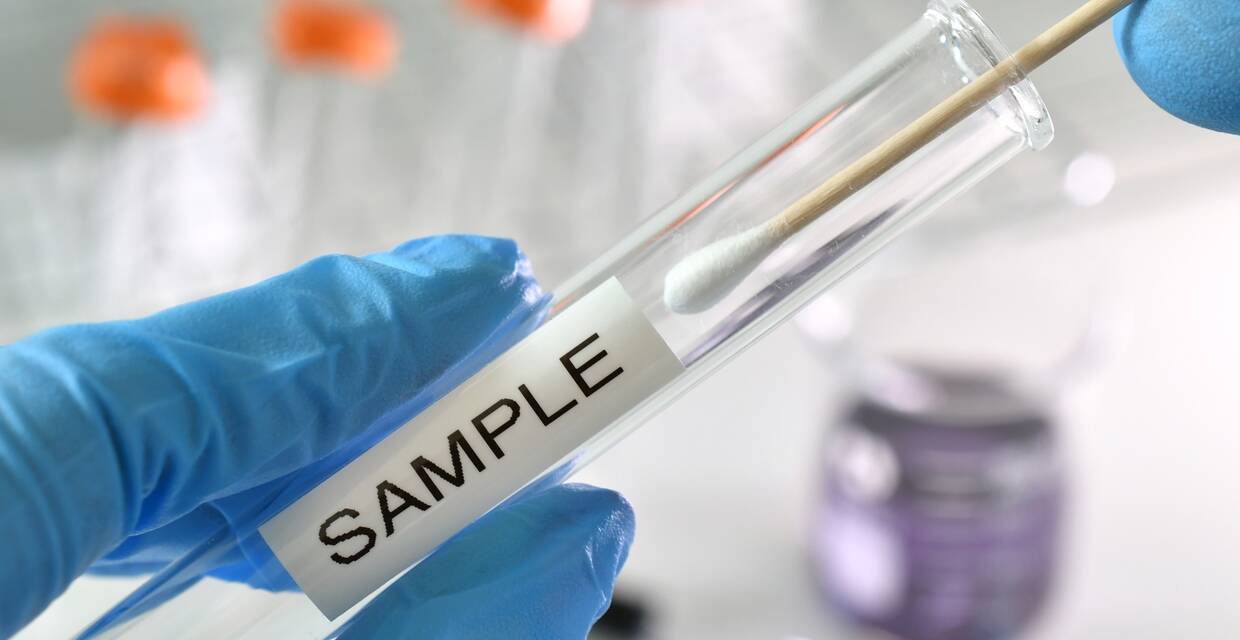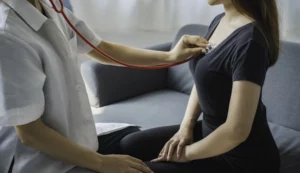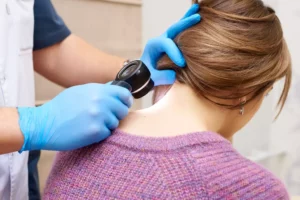Taking care of your health means paying attention to every aspect of your body. That’s why getting tested for STDs is important to ensure that you are in good health. However, we know there’s a stigma surrounding this topic, so we’re going to provide you with all the information you may need to answer your questions.
What Are STDs?
Let’s first address what STDs, or sexually transmitted diseases, are. These are infections that are passed from one person to another through sexual contact. There are many different STDs and each one requires different tests, treatments, and care as they can be caused by bacteria, viruses, or even parasites.
Here are some of the most common STDs:
- HIV
- Syphilis
- Gonorrhea
- Chlamydia
- Trichomonas
- Herpes 1 and 2
- Hepatitis B and C
- HPV
When Should I Get Tested for STDs?
A usual characteristic of STDs is that they show no obvious symptoms, or sometimes show symptoms when they are in an advanced stage. Therefore, the best way to be sure you don’t have an STD, or to start early treatment, is to get tested regularly. It’s highly recommended that you get tested for STDs if you are sexually active, have more than one partner, or have had unprotected sex.
Symptoms of STDs
While the symptoms of STDs are not usually noticeable or constant, there are some signs that may indicate the presence of an infection:
- Itching or rash in the genital area
- Unusual discharge from the penis, vagina, or anus
- Skin growths or bumps around the anus or genitals
- Burning sensation when urinating
- Flu-like symptoms, such as fever, body aches, or tiredness
Do I Need to Ask my Doctor for an STD Test?
Testing for STDs is not part of routine checkups, so you should specifically request it. Remember to be honest with your doctor or nurse so they can make an assessment of possible risk factors and determine which tests are most appropriate for you.
What Tests Should I Get?
To find out what tests you should take, discuss your symptoms (if you have any), whether you had any unprotected sexual contact, and don’t forget to mention if any of your sexual partners have had an STD.
Generally, each clinic has a different protocol. At DFW Family Clinic, our STD screening usually checks for all the STDs mentioned above.
What to Expect from an STD Screening?
As mentioned above, there are different types of STDs, so there is no single test that applies to all types of infections. Therefore, an STD screening usually involves several tests. This includes: a urine test, blood test, discharge swabs from the urethra, cervix, or anus, and a physical examination of the genital area to evaluate rashes, warts, irritations, or sores. These tests are usually painless and quick to perform.
You should also expect to be asked questions about your sex life. Keep in mind that this information is confidential and will be handled with the utmost professional respect. The information you provide will be used only to determine what tests you require and what guidance you should follow.
How Long Does It Take for STD Tests Results to Come Back?
A great advantage of these tests is that the results are usually ready quickly. Generally, they should take no more than three working days. You can always ask the nurse how soon the results will be back so you can keep an eye out for them.
STD screening is crucial to your and your partner’s health. Remember that having an infection does not necessarily mean you’ll have symptoms, so it is ideal to have regular annual check-ups or get tested upon having sex with a new partner, especially if it was unprotected.
We understand that this can be an uncomfortable topic, so we recommend that you get tested in a place where you feel safe. At DFW Family Clinic, we have respectful professionals who focus on your well-being and health. Contact us if you have any additional questions or would like to book an appointment.

